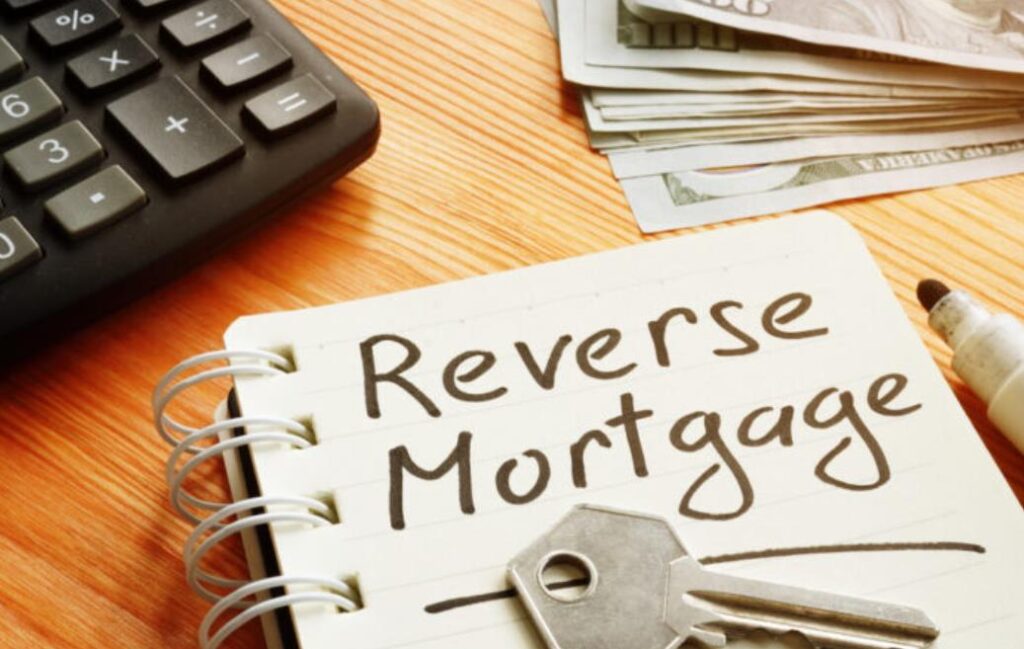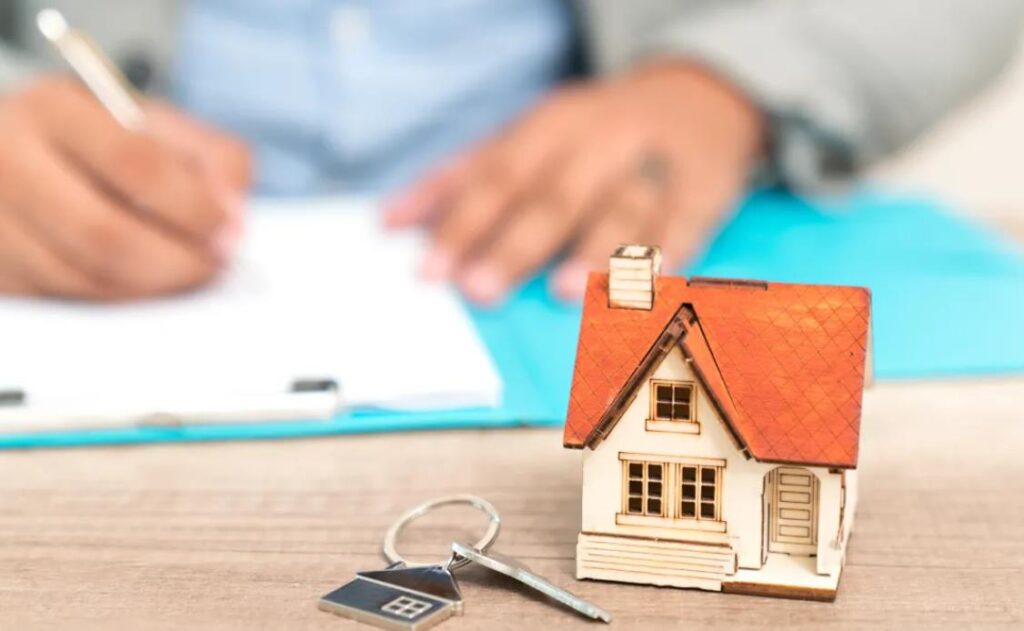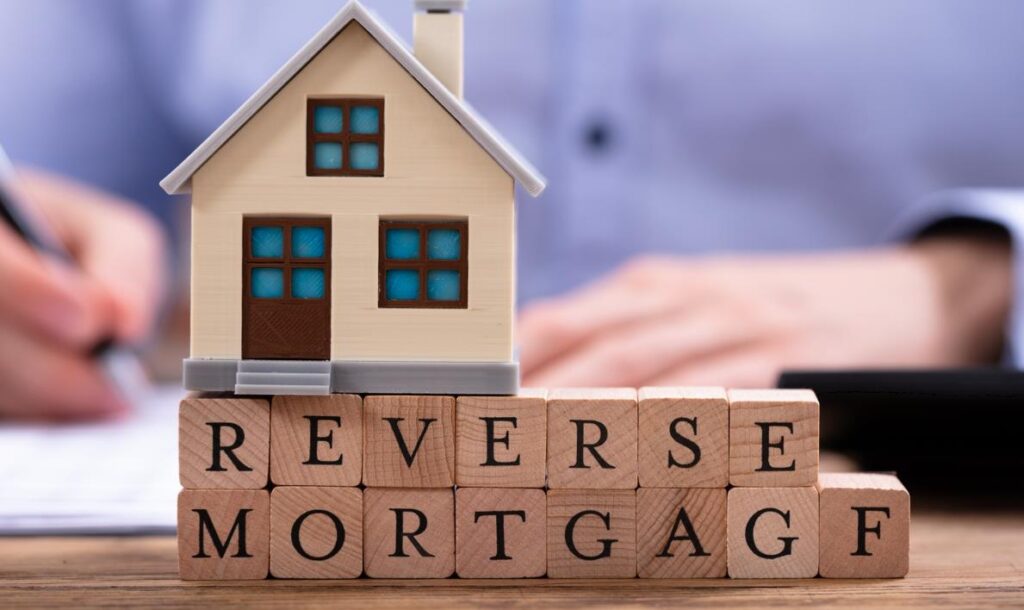The question of “Can You Get A Reverse Mortgage On A Rental Property?” has been a topic of interest for many. The answer is not as straightforward as one might think. Let’s delve into the details to provide you with a comprehensive understanding.
Key Takeaways
- Reverse mortgages are only for primary residences.
- You can rent out a part of your home while having a reverse mortgage.
- Lenders have specific rules on rental situations.
- The loan becomes due if you move out or pass away.
- Always consult your lender before making rental decisions.
Can You Get A Reverse Mortgage On A Rental Property?
No, you can’t get a reverse mortgage on a property that you don’t use as your primary residence. However, there are nuances to this rule that allow for some flexibility.

Eligibility Criteria for Reverse Mortgages
To qualify for a reverse mortgage, you must be at least 62 years old and have significant equity in your home. The home must also be your primary residence. These criteria are non-negotiable and are the foundation of any reverse mortgage agreement.

Age Factor
Being 62 or older is a mandatory requirement. This age restriction ensures that the scheme is tailored for seniors who are most likely to benefit from it.
Equity Requirements
Having considerable equity in your home is crucial. The more equity you have, the more money you can borrow against your home.
Residency Rules
One of the key requirements is that the property must be your primary residence. The Consumer Financial Protection Bureau recommends not spending more than six months away from your property. If you violate this rule, your lender can terminate your loan.
Consequences of Rule Violation
If you leave your property for an extended period, you risk having your loan terminated. This could mean having to sell your house to repay the loan.
Acceptable Rental Situations
Lenders have specific rules about what counts as an acceptable rental situation. Generally, any rental should be long-term. Short-term rentals like Airbnb could lead to the termination of your reverse mortgage.
Consult Your Lender
Before renting out any part of your home, consult your lender. Different lenders have different rules, and it’s crucial to understand these before making any decisions.
Multifamily Properties
It’s possible to get a reverse mortgage on a multifamily property with up to four units. However, you must occupy one of the units as your primary residence. If you move out, your loan becomes due.
Primary Residency Requirement
Your loan will become due if you violate the primary residency requirement. This could mean having to sell your property to repay the loan.

The Financial Implications of Reverse Mortgages
When you opt for a reverse mortgage, you’re essentially converting a portion of your home’s equity into cash. This can be a financial boon for seniors who are asset-rich but cash-poor. However, it’s crucial to understand that this loan isn’t free money. Over time, the interest accumulates, and the loan balance grows, which could impact your financial stability.
Interest Rates and Fees
Reverse mortgages come with various fees and interest rates, which can be fixed or variable. These costs can add up over time, reducing the amount of equity left in your home. It’s essential to compare different lenders and their terms to ensure you’re getting the best deal.
The Legal Aspects
Reverse mortgages are regulated by federal laws, and lenders must adhere to specific guidelines. For instance, you’re required to undergo financial counseling from a HUD-approved counselor before taking out the loan. This is to ensure you fully understand the terms and conditions.
Legal Protections for Borrowers
Federal laws provide several protections for reverse mortgage borrowers. These include the right to rescind the loan within three days of closing and protections against non-recourse, meaning you’ll never owe more than your home’s value. Knowing your rights can help you navigate the reverse mortgage process more confidently.
Tax Implications
Reverse mortgage proceeds are generally not considered taxable income, which is a relief for many borrowers. However, this doesn’t mean you’re off the hook when it comes to taxes. You’re still responsible for property taxes, and failure to pay these can result in loan default.
Property Taxes and Insurance
While the loan proceeds aren’t taxable, you must continue to pay property taxes and homeowners insurance. Neglecting these responsibilities can lead to the loan becoming due and payable, which is a situation everyone wants to avoid.
Impact on Heirs
One of the most significant concerns about reverse mortgages is the impact on your heirs. When the last surviving borrower passes away or moves out, the loan becomes due. Your heirs will have to decide whether to sell the home to repay the loan or refinance it to keep the property.
Options for Heirs
Heirs generally have about six months to decide what to do with the property. They can choose to sell the home, pay off the loan balance, or refinance the loan into a traditional mortgage. Each option has its pros and cons, and it’s a decision that shouldn’t be taken lightly.
The Pros and Cons
Like any financial product, reverse mortgages have their advantages and disadvantages. On the plus side, they provide immediate access to cash without requiring monthly payments. On the downside, they can be expensive and complicated, affecting both you and your heirs.
Weighing Your Options
Before diving into a reverse mortgage, weigh the pros and cons carefully. Consult with financial advisors, legal experts, and your family to make an informed decision. Remember, what might be a good fit for one person may not be suitable for another.
What Property Does Not Qualify For A Reverse Mortgage?

Eligibility Criteria
Reverse mortgages are a popular way for seniors to tap into their home equity for additional income. However, not all properties are eligible for this financial tool.
According to Federal Housing Administration (FHA) guidelines, eligible properties include single-family homes, two- to four-unit homes with one unit occupied by the borrower, HUD-approved condominium projects, and individual condominium units that meet FHA requirements.
Ineligible Properties
Now, let’s talk about what doesn’t qualify. If you own a mobile home constructed before June 1976, you’re out of luck. Also, investment properties or second homes like vacation homes are not eligible. Multi-unit homes with more than four units are also off the table because they’re considered commercial properties.
Can You Use A Reverse Mortgage On A Second Home?

The Possibility
Technically, you can use a reverse mortgage to buy a second home. However, the property you’re mortgaging through the reverse mortgage program must continue to be your primary residence. Federal mandates require you to spend at least six months at this primary residence.
The Risks
While it sounds tempting, there are risks involved. If you can’t pay the costs of your primary residence, your lender may have the right to foreclose on that property. You’ll be left with only your second home. Also, the interest rates on reverse mortgages are generally higher than other financing options. So, it’s crucial to weigh the pros and cons carefully.
Do You Have To Live In Your Home For A Reverse Mortgage?
Absolutely, residency is a cornerstone of reverse mortgage eligibility. The property against which you’ve taken out the loan must be your principal residence. This means you should be living there for the majority of the year.

If you’re away from your property for more than six months for non-medical reasons, or for more than 12 consecutive months for medical reasons, your reverse mortgage will mature. This triggers the loan to become due, requiring repayment or foreclosure.
Moreover, if you have a spouse or other family members above the age of 62, adding them as co-borrowers can provide a safety net.
For instance, if one of you has to move to a healthcare facility for more than 12 months, the loan won’t automatically become due, preventing a forced sale of the property.
What Type Of Home Qualifies For A Reverse Mortgage?
When it comes to the type of home, the most common one that qualifies is a single-family home. However, the key requirement is that the home must be your principal residence.
You should either own your home outright or have a low mortgage balance that can be paid off when you close on the reverse mortgage. Federal debts like income taxes or student loans should not be pending against you.
Additionally, the home must be in good condition. If it doesn’t meet the required property standards, you’ll be informed about the necessary repairs before you can secure a reverse mortgage. It’s also mandatory to undergo counseling from a HUD-approved agency to discuss your eligibility and the financial implications of the loan.
Conclusion
In summary, you can’t get a reverse mortgage on a rental property unless it’s your primary residence. However, you can rent out a part of your home under specific conditions. Always consult your lender for personalized advice.
People Also Ask
How long can I be away from home with a reverse mortgage?
The exact length of time you can be away from home depends on your lender’s rules. However, the Consumer Financial Protection Bureau (CFPB) recommends not being away for more than six months, or 12 consecutive months if you have a medical reason. If you exceed this period, your lender can terminate your loan, which may require you to sell your property to repay it.
How many people can live in a house with a reverse mortgage?
There are no specific rules on the number of people who can live in a house with a reverse mortgage. However, the loan holder must reside in the property. Family members can move in and even pay rent, but if the loanholder passes away or moves out, the loan becomes due. This could mean having to sell the property to repay the loan.
What counts as an acceptable rental situation?
Each lender has different rules regarding what is considered an acceptable rental situation. Generally, any rental should be long-term. Short-term rentals, like Airbnb, could lead to the termination of your reverse mortgage. Always consult your lender before renting out any part of your home to ensure you won’t violate their rules.
Is it possible to get a reverse mortgage on a multifamily property?
Yes, you can get a reverse mortgage on a multifamily property that contains up to four units. However, you must occupy one of the units as your primary residence. If you move, lease, or sell your unit, you would be violating the primary residency requirement, making your loan due and payable.

Muhammad Talha Naeem is a seasoned finance professional with a wealth of practical experience in various niches of the financial world. With a career spanning over a decade, Talha has consistently demonstrated his expertise in navigating the complexities of finance, making him a trusted and reliable figure in the industry.









